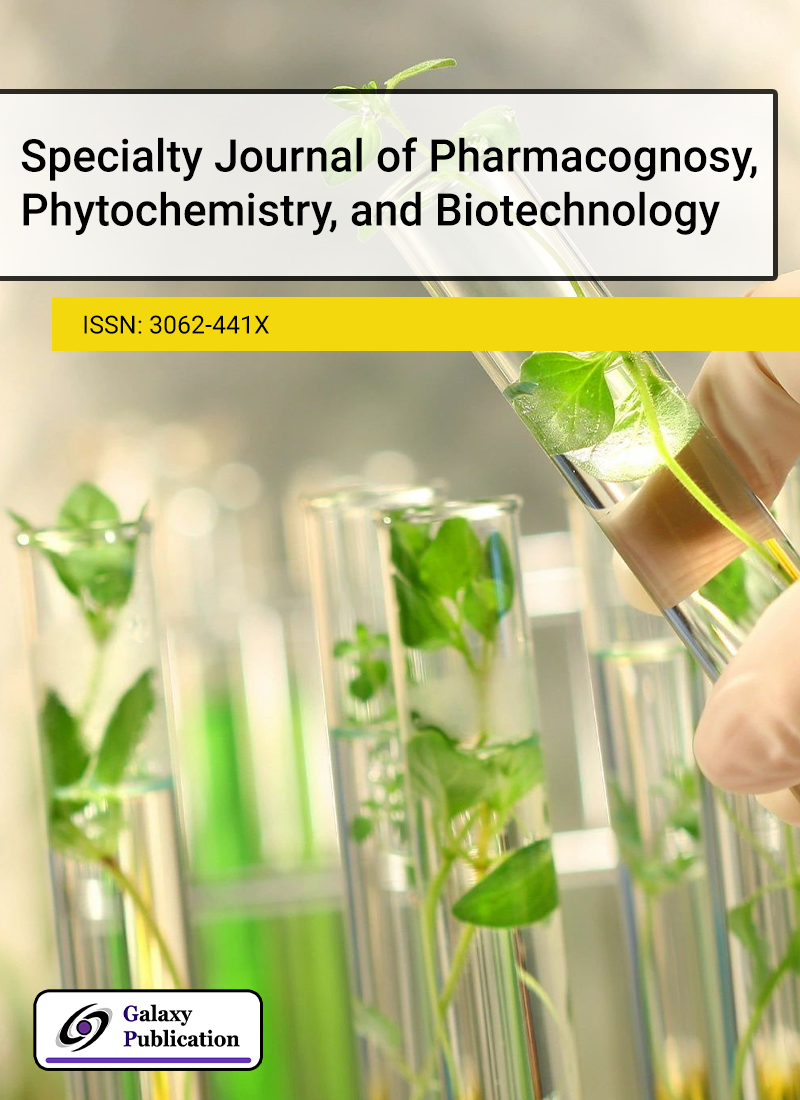
This research aimed to document the medicinal plants traditionally used for childhood cough treatment and to analyze the phytochemical composition of the two most frequently utilized species (Ceiba pentandra and Sericanthe chevalieri). An ethnobotanical survey was conducted in the Bamako markets, interviewing traditional herbal vendors. Phytochemical analysis was performed using standard colorimetric reactions and precipitation tube tests. Flavonoid content was determined with aluminum trichloride, while total polyphenols were quantified using the Folin-Ciocalteu method. The anti-inflammatory activity of the plant extracts was assessed using the anti-protein denaturation assay. Among the 56 respondents, 17 plant species from 14 botanical families were identified for their antitussive properties. S. chevalieri and C. pentandra were the most recommended plants. Phytochemical screening confirmed the presence of alkaloids, terpenes, coumarins, tannins, saponins, and flavonoids in both species. The hydroethanolic and aqueous macerations yielded the highest concentrations of flavonoid and phenolic compounds. The hydroethanolic extracts showed the highest anti-inflammatory potential, as measured by the anti-protein denaturation method, with IC50 values of 263.48 ± 20.80 µg/mL for S. chevalieri and 420.30 ± 19.80 µg/mL for C. pentandra. These results indicate that the extracts of S. chevalieri and C. pentandra are abundant in bioactive compounds with strong anti-inflammatory effects, supporting their traditional use in the treatment of cough.